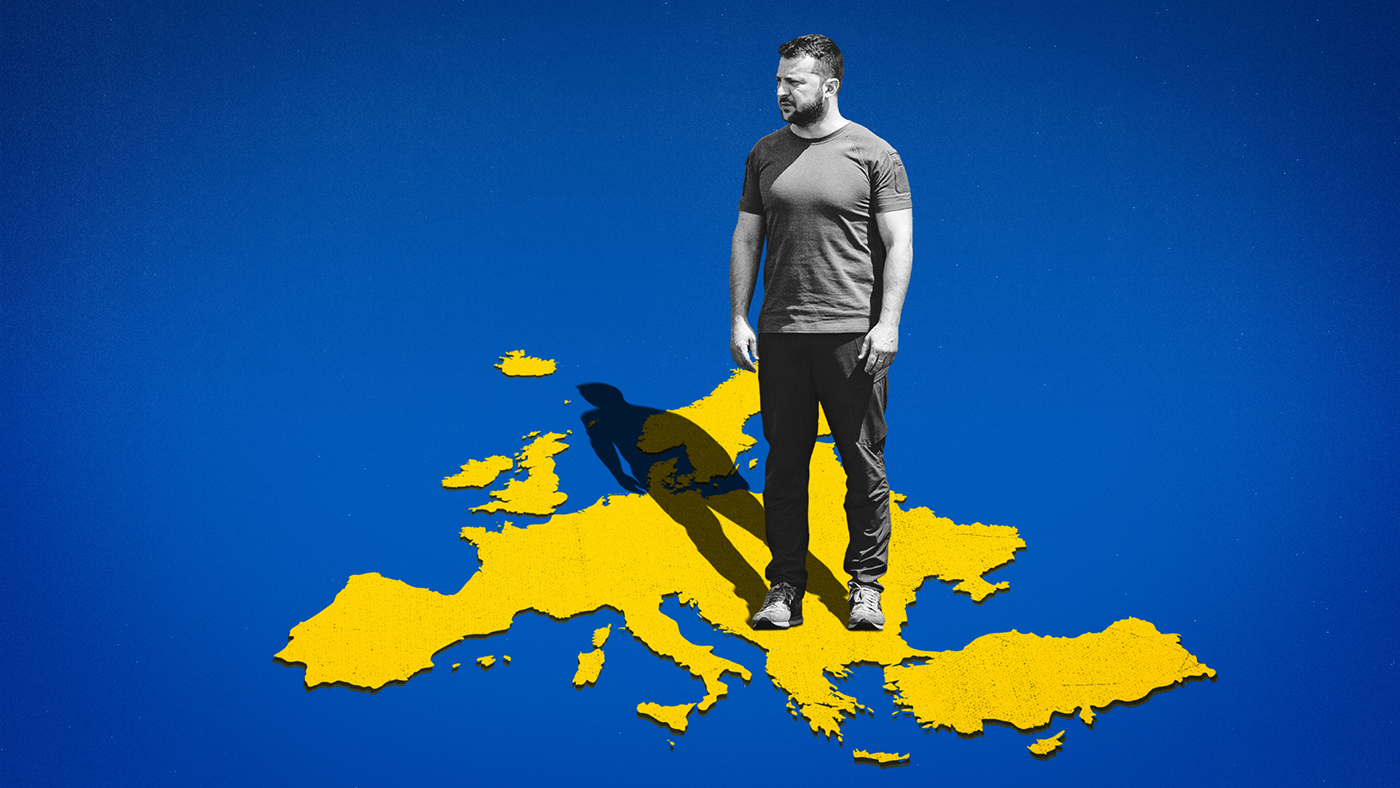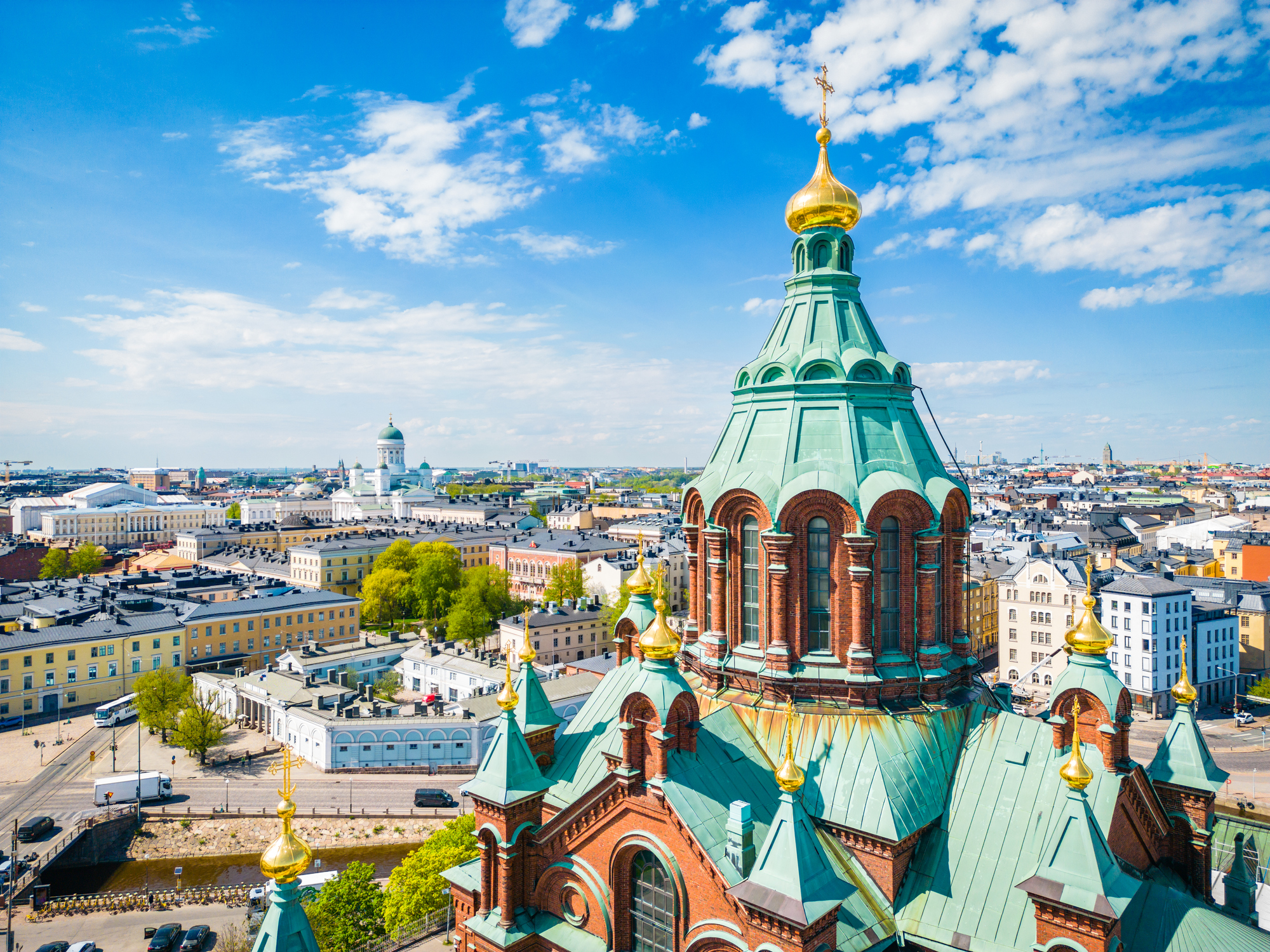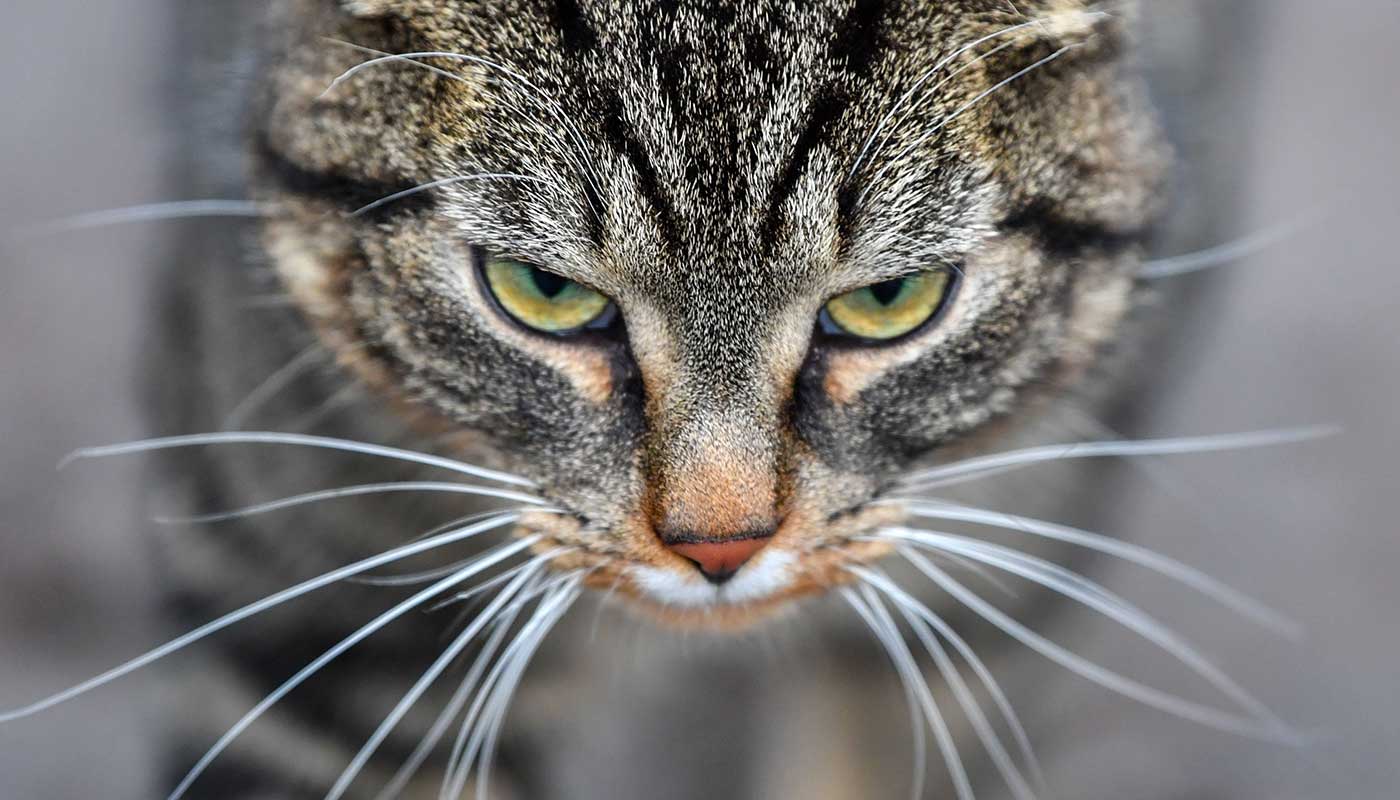Instant Opinion: Dominic Cummings’ contempt ‘makes the public feel like fools’
Your guide to the best columns and commentary on Tuesday 26 May

A free daily email with the biggest news stories of the day – and the best features from TheWeek.com
You are now subscribed
Your newsletter sign-up was successful
The Week’s daily round-up highlights the five best opinion pieces from across the British and international media, with excerpts from each.
1. Fintan O’Toole in The Guardian
on the double standard being exhibited by Downing Street
The Week
Escape your echo chamber. Get the facts behind the news, plus analysis from multiple perspectives.

Sign up for The Week's Free Newsletters
From our morning news briefing to a weekly Good News Newsletter, get the best of The Week delivered directly to your inbox.
From our morning news briefing to a weekly Good News Newsletter, get the best of The Week delivered directly to your inbox.
Cummings’ contempt for lockdown rules makes the public feel like fools
“If Cummings were half as smart as he is supposed to be, he would have shown in his press conference some glimmer of understanding that this kind of betrayal is of a completely different order to the one he and Johnson engage in so routinely. The ordinary treachery of saying one thing and doing another – there will be £350m extra every week for the NHS; there will never be a border in the Irish Sea – is mother’s milk to them. Perhaps because it is so habitual or because they are so used to getting away with it, their sense of how it works has become dulled. They missed the crucial fact that this time it’s different. This time it’s personal. The mundane duplicity that is Cummings’ and Johnson’s stock in trade comes with a knowing smirk: you didn’t really think we meant that literally, did you? It is part of an elaborate, highly performative, game. But the rules for collective survival in a pandemic are not ironic. They are intimate. They are embodied. They are the detailed texture of the lives we live every day.”
2. Robert Peston in The Spectator
on the growing public anger at the PM’s closest adviser
A free daily email with the biggest news stories of the day – and the best features from TheWeek.com
Dominic Cummings has become a symbol of a very British inequality
“The point is that this crisis has shone the brightest light on what many would see as the grotesque inequalities in this country. Cummings’s ability to convalesce on a property with at least three separate houses and extensive land, when many couples and single mothers with children who contracted the illness had no outside space at all, is by no means the worst manifestation of this unfairness. But his self-appointed mission in government – as someone who refused to join the Tory party – was to persuade those on lower incomes that Boris Johnson is not an ‘us and them’ PM. And if anything is causing him angst and self doubt (remember yesterday he said he has not for an instant contemplated resigning) it is that he – the supposed scourge of putative Tory self-entitlement – has become this epidemic’s symbol of very British inequality.”
3. James Kirkup in The Times
on making time spent on furlough time well-spent
Furloughed staff can do more for their money
“Here’s a blunt question: what do furloughed workers do all day? Put another way, how else other than furlough to explain the fact that many seaside towns were overrun with people late last week on what were, nominally at least, working days? This is just another measure of how strange these days are: the government is literally paying people to go to the beach, and that remains better than the alternatives, all of which involved mass unemployment. I don’t raise these questions to criticise those beachgoers for not working. That is precisely what the Treasury rules demand, and for quite sensible reasons. But the way the furloughed spend their time is more than a matter of social interest. Just as spending lockdown sitting on the sofa isn’t good for individual or public health, so spending these days and weeks economically inactive is unwise, and maybe unfair on those of us still working. Given the sheer scale of the spending involved, an honest conversation about furlough means addressing issues of fairness, and considering what the furloughed can give back to the society that is supporting them.”
4. Rosa Prince in The Daily Telegraph
on a risky route out of lockdown
Immunity passports risk becoming a reward for rule-breakers and risk-takers
“But what if in our delight at the freedom immunity passports could bestow, we allow them to become a reward for the feckless? We all know someone who has failed to abide by the rules, sometimes with disastrous consequences. You know, the kind of person who, when their wife says she feels sick, packs the family into the car to drive 260 miles to their parents’ house rather than ordering her to bed, disinfecting the house and leaving soup outside her bedroom door for the next fortnight. Or the type who tells everyone else to stay home to save lives, but believes they are so important that they are apparently immune to the disease and can carry on holding business meetings in cramped rooms in Victorian homes-turned-offices only to wind up in intensive care. I have one friend who, having refused to self-isolate after falling ill with a nasty bout of the disease, infected her husband and nanny and then expressed surprised that her mother-in-law had also become sick following an illicit visit. And yet if immunity passports are introduced, it will be the naughty kids such as Dominic Cummings and Boris Johnson and my rule-breaking friend who will be allowed to travel and visit hotels and return to work, while the good children who followed the quarantine remain stranded at home.”
–––––––––––––––––––––––––––––––For a round-up of the most important stories from around the world - and a concise, refreshing and balanced take on the week’s news agenda - try The Week magazine. Start your trial subscription today –––––––––––––––––––––––––––––––
5. Sharmin Atker in The Independent
on the persecuted Rohingya women living through the pandemic
In a Bangladesh refugee camp, I'm worried about what lockdown means for the safety of Rohingya women
“Now that Covid-19 has reached the Rohingya refugee camps, there is a very real risk that the virus could spread like wildfire. More than 800,000 people are living here in homes that are small, close together and overcrowded. Typically, there are five to seven people living in one 10 x 15 foot shelter made out of bamboo and tarpaulin, and this makes social distancing incredibly difficult. The Rohingya refugees are also particularly vulnerable because their nutrition and health has been very poor after fleeing persecution, and now they are living in a very congested space with limited access to clean water. The risks are tremendous and women and girls will be impacted deeply. We are already seeing that gender-based violence has massively increased since the start of the pandemic and now a heightened fear of catching the disease will compound the situation.”
-
 The ‘ravenous’ demand for Cornish minerals
The ‘ravenous’ demand for Cornish mineralsUnder the Radar Growing need for critical minerals to power tech has intensified ‘appetite’ for lithium, which could be a ‘huge boon’ for local economy
-
 Why are election experts taking Trump’s midterm threats seriously?
Why are election experts taking Trump’s midterm threats seriously?IN THE SPOTLIGHT As the president muses about polling place deployments and a centralized electoral system aimed at one-party control, lawmakers are taking this administration at its word
-
 ‘Restaurateurs have become millionaires’
‘Restaurateurs have become millionaires’Instant Opinion Opinion, comment and editorials of the day
-
 ‘Irony’ as Zoom calls staff back to office
‘Irony’ as Zoom calls staff back to officefeature And other stories from the stranger side of life
-
 The U.S. veterinarian shortage crisis
The U.S. veterinarian shortage crisisSpeed Read With an anticipated shortage of 15,000 vets by 2030, it will be harder to get care for pets
-
 Boris Johnson shocks UK by resigning from Parliament
Boris Johnson shocks UK by resigning from ParliamentSpeed Read
-
 Company teaches mask-wearers to smile again
Company teaches mask-wearers to smile againfeature And other stories from the stranger side of life
-
 How fruitful was Zelenskyy’s European tour?
How fruitful was Zelenskyy’s European tour?Today's Big Question Ukraine’s president visits Rome, Berlin, UK and Paris in bid to increase the supply of weapons from allies
-
 Bees delay flight for three hours
Bees delay flight for three hoursfeature And other stories from the stranger side of life
-
 Global happiness has been 'remarkably resilient' over the past three years
Global happiness has been 'remarkably resilient' over the past three yearsfeature
-
 Ministers considered killing all cats during pandemic
Ministers considered killing all cats during pandemicfeature And other stories from the stranger side of life